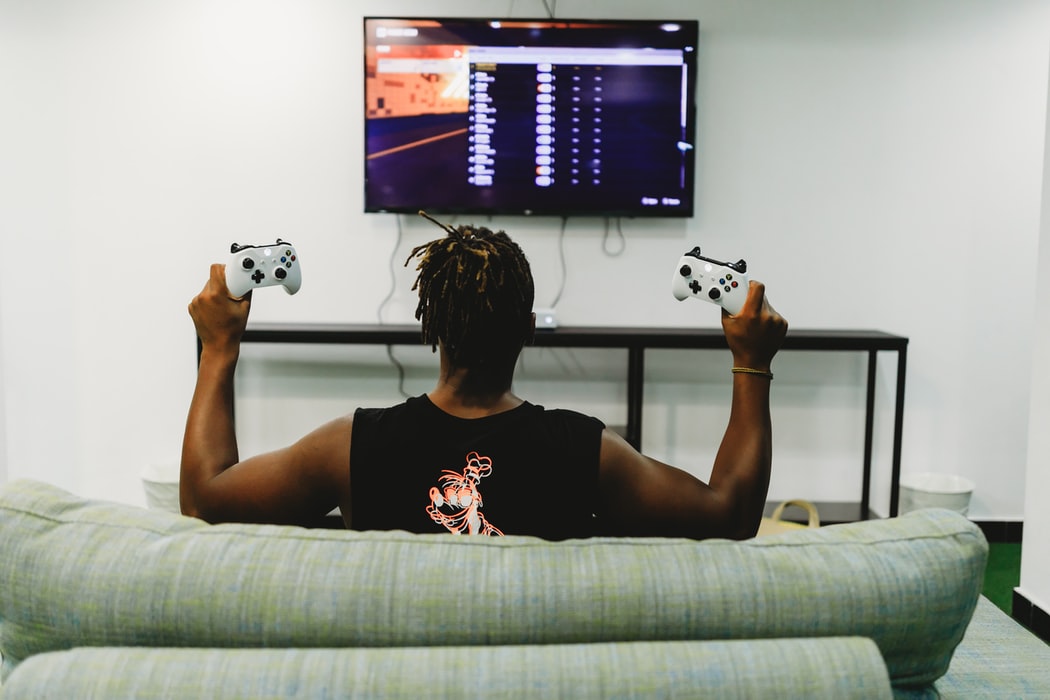The holiday gift that keeps teenagers on the sofa with game controllers in their hands may help parents pay their college tuition. For some, training to compete in cyberspace contests like Fortnite and NBA2K could soon replace training for team sports — and create a new scholarship pipeline and professional opportunities after graduation.
Gaming and esports are becoming sources of camaraderie and competition for students at HBCUs. Three of the four HBCU athletic conferences have corporate partnerships with developers of gaming platforms that allow students to compete against on-campus peers as well as students at schools in their conferences. And this popular form of social entertainment is quickly becoming more than just a pastime.
“Having an esports presence is very important to our institutions in the future,” Southwestern Athletic Conference Associate Commissioner Jason Cable said.
Esports teams and individuals compete head-to-head in live online competitions. The industry has grown rapidly worldwide, with annual revenues exceeding $1 billion and global audiences of more than 443 million, according to research by Green Man Gaming.
Most conventional sports franchises took financial losses last spring as American sports leagues postponed events and slashed their schedules to avoid exposing players and fans to the coronavirus. Esports tournaments picked up the slack through sports network TV. College and high school students looking for new ways to live, work, learn and play turned to competitive video gaming more than ever, making esports a cultural force.
Total enrollment at America’s 101 black colleges and universities dropped by 6,000 in the 2018-19 school year. School administrators see a new way to help recover.
“Our institutions are looking to increase enrollment and retain students, and esports gives them a chance to do both,” Cable said. “It’s the next big thing.”
Central Intercollegiate Athletic Association Commissioner Jacqie McWilliams said gaming and esports, which are grounded in science, technology, engineering, and mathematics, benefits students academically.
“The move into esports aligns with the educational experience in STEM and overall strategic plan that remains consistent with efforts to continuously grow our brand and advance our students,” McWilliams said.
McWilliams’ athletic conference is one of three dedicated HBCU sports leagues that have attracted corporate sponsorships for competitive gaming platforms and tournaments while athletic sports remain on partial hiatus.
Gamers can compete in tournaments for scholarship money and for the attention of professional sports franchises that may hire the esports movement’s most talented competitors. There were 500 known esports franchises that earned between $95,000 and $36 million in tournaments by the end of 2019, according to Esports Earnings, which tracks the flow of money in the nascent industry. Some socially distant tournaments award as much as $750,000 in prize money.
Educators are more excited about the impact on black students’ professional opportunities when they embrace STEM fields as part of their immersive gaming experience. Programming, software development, and cybersecurity can give them the inside track on lucrative career paths.




